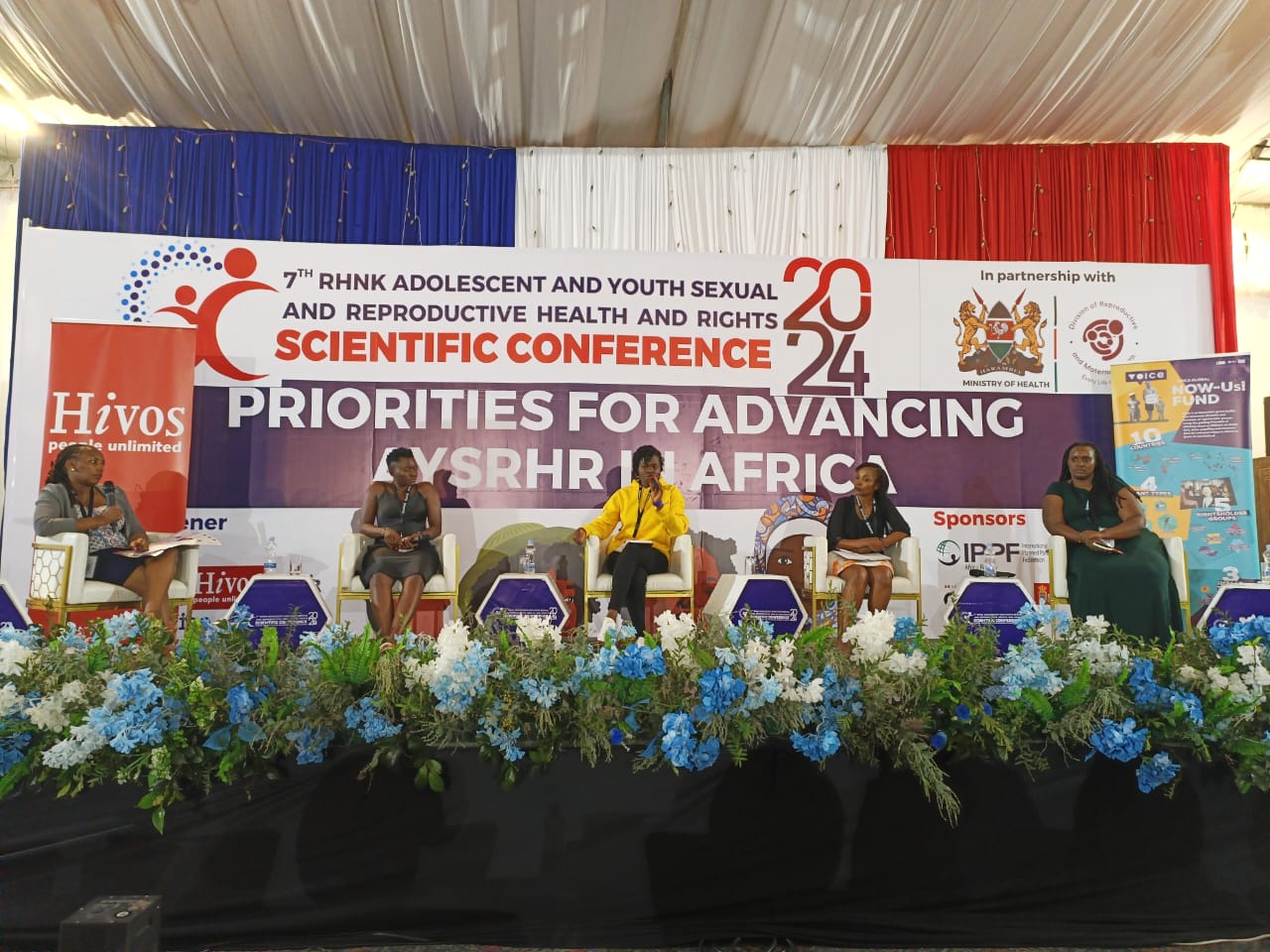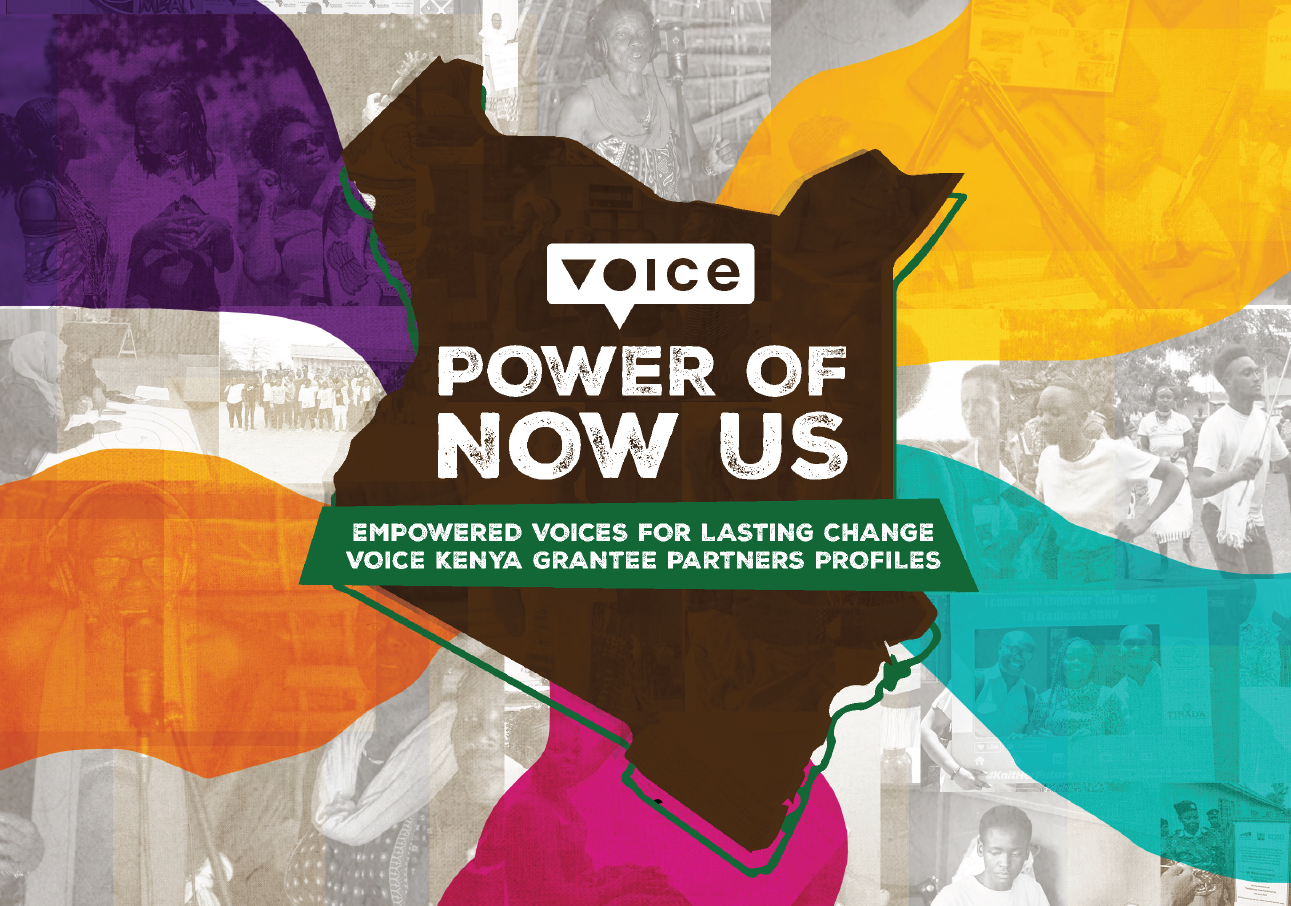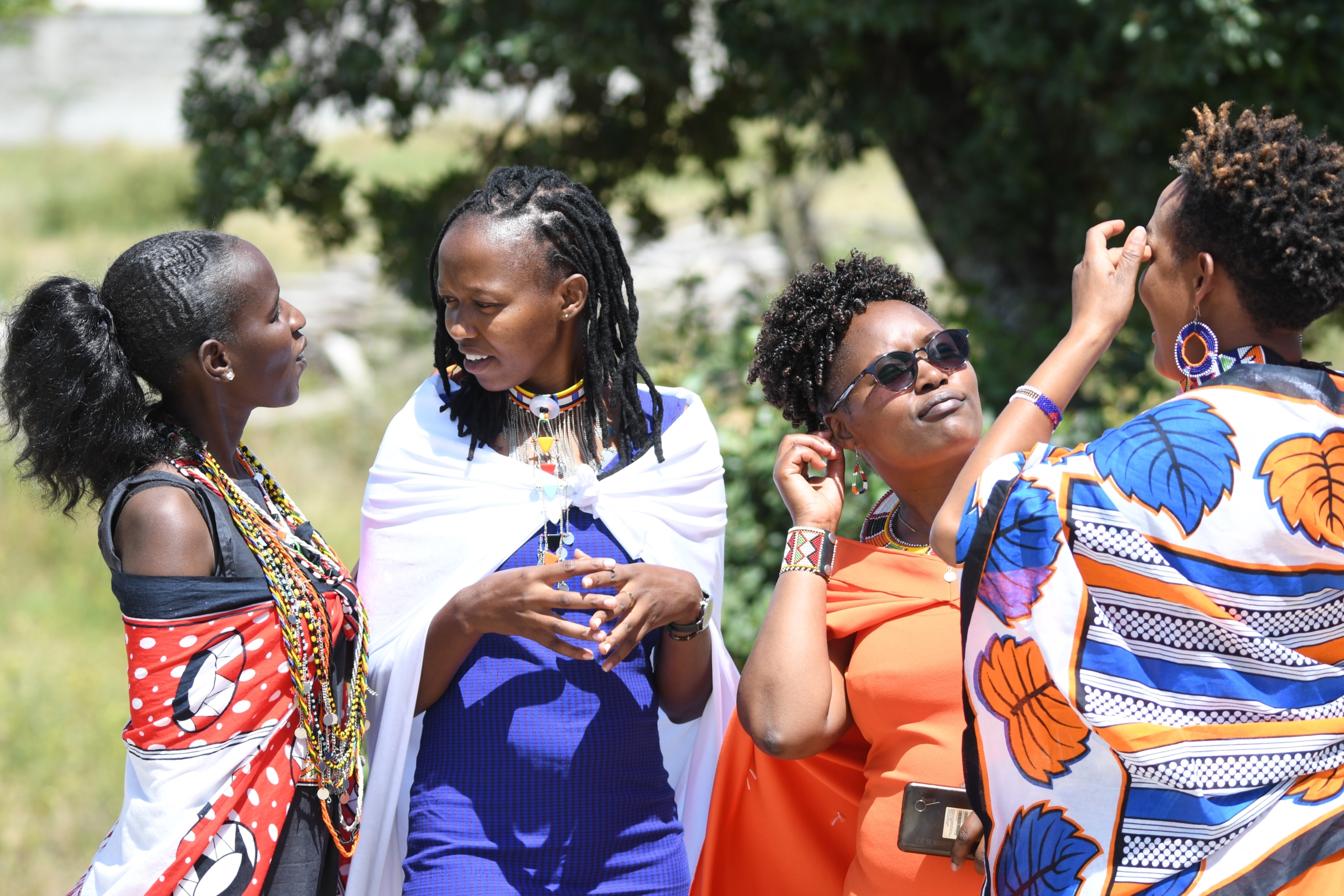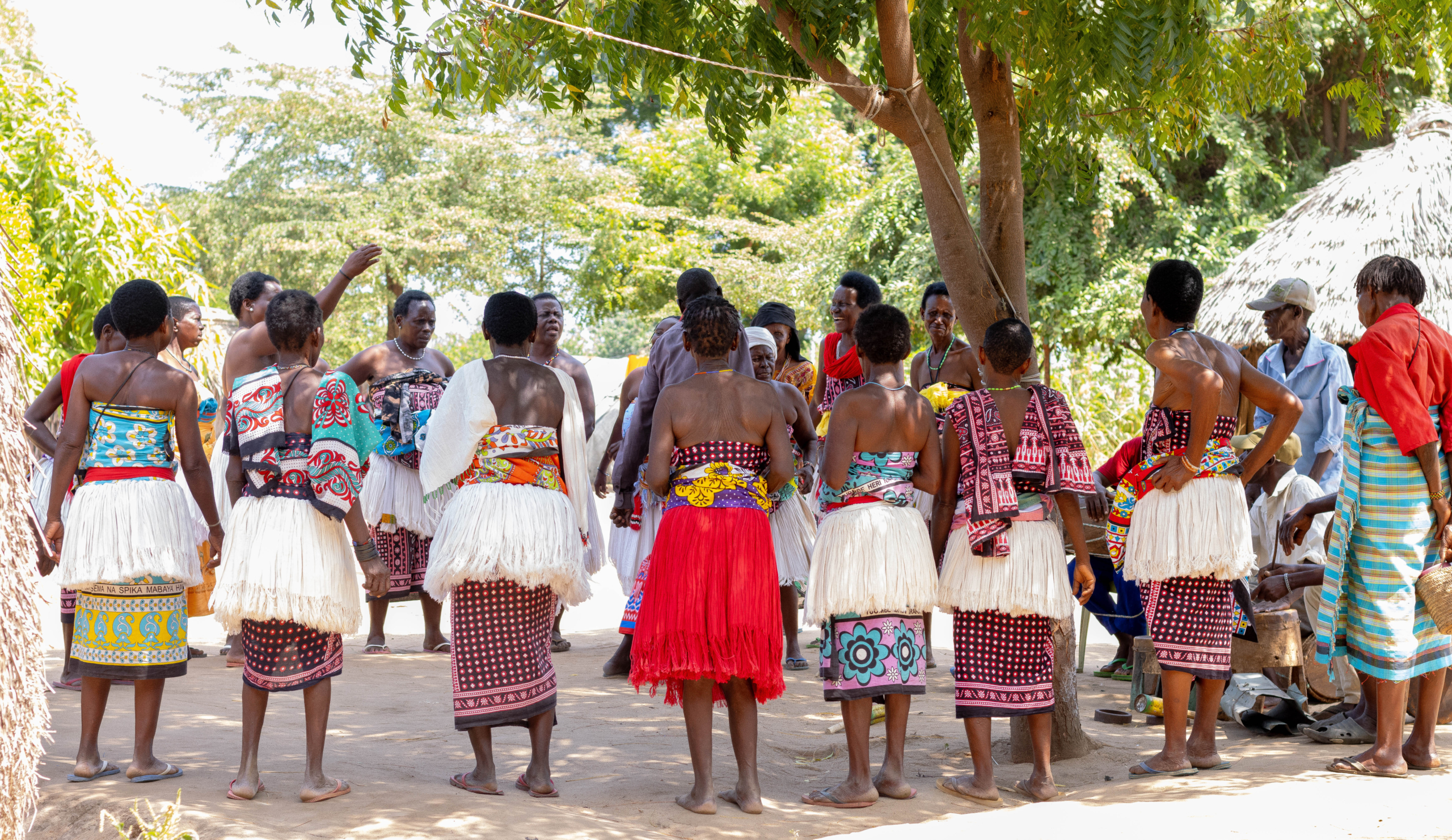Together, we can stop discrimination and embrace diversity and equality
by Jeffroy-Filah, Co-founder, Youth Alliance for Change Kenya (YACK)
Trigger warning: sexual violence
From a tender age of 12, I knew I was gay. In Kenya, my home country, homosexual acts are punishable by law. As a teenager, life at home and work became very difficult, and the societal pressure often drove me to hide and operate in privacy. Growing up, feeling different was challenging.
I decided to move from my community and settled in Kendu Bay, a more tolerant place where I could live openly as a gay man. The catalyst for leaving my community was my first same-sex experience, during which I was caught by a family member and severely punished. In Kendu Bay, I found employment as a gardener on a farm, but I still faced discrimination due to my sexual orientation. People often made indirect derogatory comments, referring to me as “Shogaa.” Even my colleagues, who were relatives, frowned upon me because I was gay. They avoided me completely, considering homosexuality a sin based on their religious beliefs. I left several jobs due to this treatment, but the discrimination continued.
Queuing on the street for weeks to get a social house to sleep in was exhausting, and when I finally found a place, I was asked to leave early in the morning. Frustrated, I stopped using the social hostel and often slept at bus stations and on the streets. I sought support from several organisations, but they kept turning me down, giving me long appointments and requesting numerous documents. When I submitted everything, social services and most organisations working with key populations in Kendu Bay would say, “Sorry, we cannot help you. You do not qualify because you look healthy and seem financially stable.”
Eventually, I started frequenting popular clubs where I met other gay men, lesbians and transgender sex workers, where I was sexually assaulted. After a few days, I went for an HIV/AIDS test at a health center, explaining my situation, only to be met with the same prejudice. They told me, “We are not here for gays but to treat people with straight sex.” I felt like a nobody in society.
This prompted me to form my own organisation to advocate for social justice and the health and rights of young LGBTQIAs in Kenya. Together with some friends, I established the Youth Alliance for Change Kenya (YACK), a local youthful LGBTQIA-led community-based organisation (CBO) working in up-country Kenya, especially in Nyanza Province and mapping eight sub-counties in Homa Bay. We train young gay men to become sexual health peer educators and conduct outreach in local LGBTQIA hotspots to educate young people about safe sex, provide free condoms and offer on-the-spot HIV testing.
I am now actively advocating for equal rights, joining hands with the YACK Program to raise awareness that being gay, lesbian, transgender, or intersex is alright because we are all human. Human lives and health matter, regardless of race, color, gender, sexuality, sexual orientation or gender identity—we are all equal.
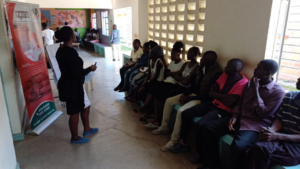
As LGBTQIA individuals, we navigate a world that often feels chaotic, filled with challenges, uncertainties, and injustices. It is easy to feel overwhelmed and powerless. However, it is crucial to remember that as champions of our rights, we possess the power to effect change. By embodying the principles of positive transformation, we can inspire others and create a ripple effect that benefits our communities and the world at large.
YACK is a small grassroots organisation that has made a significant impact on many lives in a short period of time. We reached out to rightsholders through training sessions, outreach programs, home visits and radio health talks. Particularly noteworthy were our radio talk shows, where discussions about mental health were so engaging that they seemed to never end.
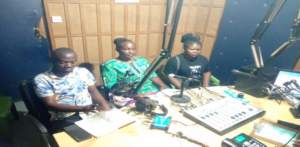
Additionally, many of the enthusiastic rightholders have expressed their deep appreciation for YACK’s education programs. “Through training on PEP, PrEP, vaginal ring regimens, and event-driven PEP, I can engage in safe practices that enable me to lead a better life,” shared one participant. Others have praised YACK for giving them a voice. “I am ‘Free to Be Me’. I can now speak out vehemently against the discrimination we face as lesbians without fear of reproach.”
Our most significant achievement remains enlightening society on mental health, HIV and AIDS awareness. These efforts have not only educated but also helped bridge gaps in dignity and respect within the community, working alongside government health ministries. By employing Social and Behavioral Change models, which focus on individual behaviors and community systems, we can drive innovative and sustainable transformations. This dual approach aims to scale behavioral changes, eliminate harmful practices and address social norms and structural inequalities, thus combating LGBTQIA stigmatisation, discrimination and gender injustice.
Despite our rapid progress in reaching many LGBTQIA individuals, it’s important to remember that even as VOICE comes to an end, this is not a true conclusion but rather a new beginning.

